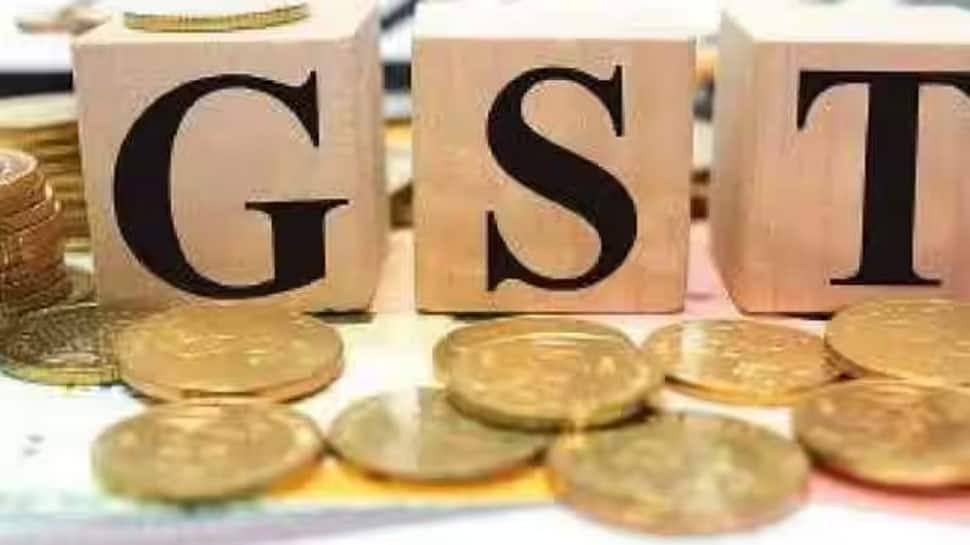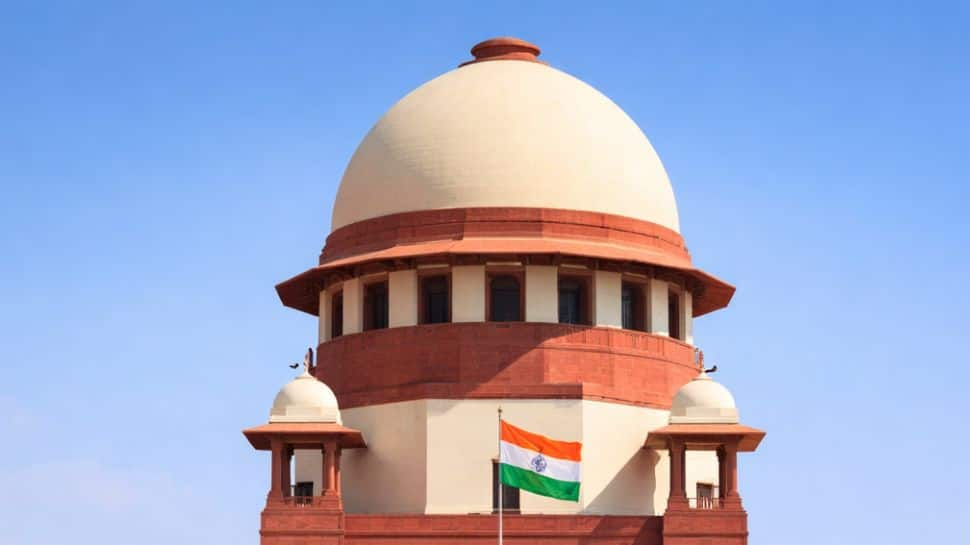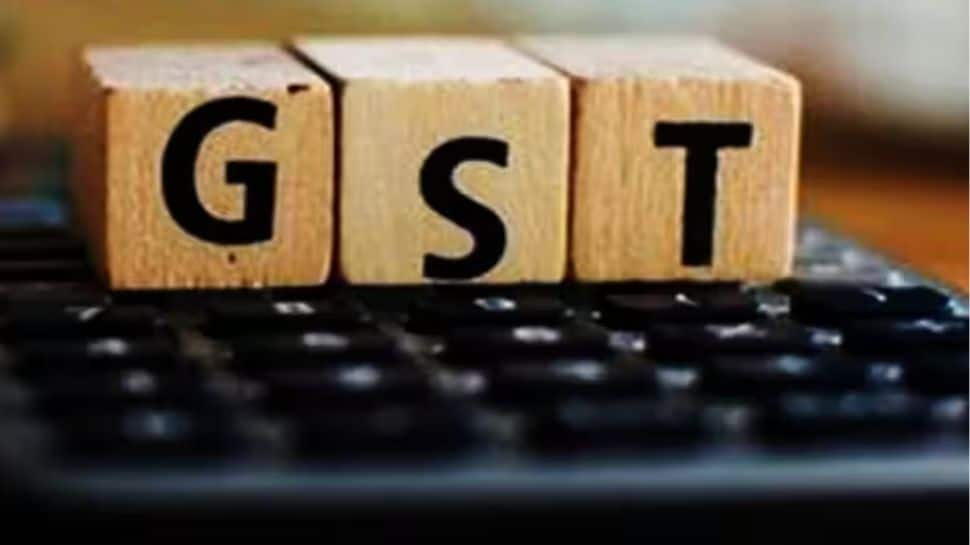Business
13 Key Points You Need To Know About GST 2.0 As Tax Cuts Kick In From Today 22 September 2025

New Delhi: Ahead of the beginning of GST rejig from Monday, the Finance Ministry issued another detailed explanation of the cut in tax rates on goods and services announced as part of the reforms, which aim to simplify rates, remove anomalies, and make the system easier for both businesses and consumers.
1. Which life insurance policies are covered under the GST exemption?
The exemption applies to all individual life insurance policies, including term plans, endowment policies, and ULIPs. Reinsurance of these individual policies is also exempt.
2. Which health insurance policies are covered under the GST exemption?
Individual health insurance policies, including family floater and senior citizen plans, are exempt from GST. Reinsurance of such individual policies is also exempt under this decision.
3. Will passenger transportation services be taxed at 18 per cent?
No. Passenger transport by road will continue at 5% without ITC, though operators may opt for 18 per cent with ITC. In the case of air travel, economy class is taxed at 5 per cent, while other classes remain at 18 per cent.
4. What is the applicable GST rate on multimodal transport of goods?
If the multimodal transport does not include any air leg, it is taxed at 5 per cent with limited ITC (restricted to 5 per cent of the value). If any portion involves air transport, the applicable rate is 18 per cent with full ITC.
5. Who is liable to pay GST on local delivery services provided through an ECO?
If local delivery services are provided through an e-commerce operator (ECO) by an unregistered person, the e-commerce operator is responsible for paying GST. If the service provider is registered, then that provider is liable to pay the tax.
6. What is the GST rate applicable on local delivery services?
Local delivery services are taxed at 18 per cent.
7. Is it necessary to recall and re-label the MRP on medicines already in the supply chain before September 22, 2025? How will the re-labelling be carried out?
No recall of stock is required. Manufacturers only need to issue revised price lists and share them with dealers, retailers, and regulators. Stock already in the market can continue to be sold, provided billing reflects the new prices.
8. Why haven’t all medicines been fully exempted from GST?
Exempting medicines would prevent manufacturers from claiming ITC on raw materials and inputs, raising their production costs. These costs would eventually be passed on to consumers. Keeping medicines at a concessional 5 per cent rate (except those specified at nil rate) ensures affordability while allowing ITC to flow through the supply chain.
9. Why hasn’t GST been removed on raw cotton?
Cotton is taxed under reverse charge, so farmers do not pay GST directly. This system keeps the input tax credit chain intact for the textile industry, which helps keep costs stable and benefits consumers.
10. What is the tax treatment for leasing or renting services without an operator?
Majority of leasing or renting without operator is taxed at the same rate as the goods themselves. For example, if a car is taxed at 18 per cent, then renting or leasing that car without a driver is also taxed at 18 per cent. The same rule applies to other goods; the tax on renting matches the tax on buying.
11. Will the revised GST rates also apply to imported goods?
Yes. IGST on imports will be levied at the revised GST rates from 22nd September, except where a specific exemption has been provided.
12. UHT (Ultra High Temperature) milk has been exempted. Does this exemption also apply to plant-based milk?
No. The exemption is only for dairy UHT milk. Plant-based milk drinks (like almond milk) earlier attracted 18 per cent GST, and soya milk drinks 12 per cent. Now all plant-based milk drinks, including soya milk, will be taxed at 5%.
13. Why has GST on face powders and shampoos been reduced, and will this not also benefit MNCs and luxury brands?
Face powders and shampoos are common household items used across all sections of society. While premium or luxury brands will also see the benefit, the main purpose of the rate cut is to simplify the GST system. Having separate rates based on brand or price would make the tax structure complicated and difficult to administer.
Business
BrewDog owners say craft beer company could be sold off

Craft beer brand BrewDog could be sold off after the company started the process to find new investors.
The Scottish beer brand recently announced plans to close all of its distilling brands, meaning it would no longer produce any of its spirits, including Duo Rum, Abstrakt Vodka, and Lonewolf Gin, at its distillery in Ellon, Aberdeenshire.
The company, which was founded in 2007, said it made the decision to focus on its beer brands, including the highly-popular Punk IPA, Elvis Juice, and Hazy Jane.
Now, in a statement, a spokesperson for BrewDog said the company had appointed Alix Partners to “support a structured and competitive process to evaluate the next phase of investment for the business.”
The statement said: “As with many businesses operating in a challenging economic climate and facing sustained macro headwinds, we regularly review our options with a focus on the long-term strength and sustainability of the company.
“Following a year of decisive action in 2025, which saw a focus on costs and operating efficiencies, we have appointed AlixPartners to support a structured and competitive process to evaluate the next phase of investment for the business. This is a deliberate and disciplined step with a focus on strengthening the long-term future of the BrewDog brand and its operations.”
Although no decisions have been made, a sale is under consideration.
In a statment BrewDog added: “BrewDog remains a global pioneer in craft beer: a world-class consumer brand, the No.1 independent brewer in the UK, and with a highly engaged global community. We believe that this combination will attract substantial interest, though no final decisions have been made.”
According to reports by Sky News, AlixPartners had begun sounding out prospective buyers in the last few days.
The company, which has 72 bars worldwide and four breweries in Scotland, the US, Australia, and Germany, said its breweries, bars, and venues will continue to operate as normal. It employs 1400 people across the organisation.
BrewDog’s founders James Watt and Martin Dickie are the company’s major shareholders alongside private equity company TSG, which invested £213 million in 2017, making it a 21 per cent shareholder.
In 2024, the beer brand grossed £357 million in sales, and it is a major independent brewer with 4 per cent market share in the UK grocery market.
Business
Craft beer brewer BrewDog could be broken up as sale process begins

Beermaker BrewDog could be broken up after consultants were called in to help look for new investors.
The Scotland-based brewer, which makes craft beer such as Punk IPA and Elvis Juice, has appointed consultants AlixPartners to oversee a sale process.
Last month, BrewDog announced it was closing its distilling brands, sparking concerns for jobs at its facility in Ellon, Aberdeenshire.
The company, which was founded in 2007, said it made the decision to focus on its beer products.
No decision has been made in respect of the sale process.
A spokesperson for BrewDog said: “As with many businesses operating in a challenging economic climate and facing sustained macro headwinds, we regularly review our options with a focus on the long-term strength and sustainability of the company.
“Following a year of decisive action in 2025, which saw a focus on costs and operating efficiencies, we have appointed AlixPartners to support a structured and competitive process to evaluate the next phase of investment for the business.
“This is a deliberate and disciplined step with a focus on strengthening the long-term future of the BrewDog brand and its operations.
“BrewDog remains a global pioneer in craft beer: a world-class consumer brand, the number one independent brewer in the UK and with a highly engaged global community.
“We believe that this combination will attract substantial interest, though no final decisions have been made.
“Our breweries, bars, and venues continue to operate as normal. We will not comment on any further speculation.”
Brewdog operates 72 bars around the world as well as four breweries.
Business
‘Better to abolish RERA’: Supreme court says law helping defaulting builders

New Delhi: The Supreme Court has raised serious concerns over how real estate regulatory authorities are functioning across the country. Taking a sharp view, the top court said it may be “better to abolish” these bodies, suggesting they have failed to protect homebuyers and instead appear to benefit defaulting builders. The court added that states should reconsider the very need for such authorities if they are not serving their intended purpose.
A Bench led by Chief Justice of India Surya Kant and Justice Joymalya Bagchi said states should rethink the original purpose behind introducing RERA. The court observed that instead of protecting homebuyers, the law appears to be helping defaulting builders and not serving its intended role.
Expressing strong concern, CJI Surya Kant said states should reflect on the purpose for which RERA was created. He suggested the institution is failing to serve homebuyers and instead appears to benefit defaulting builders. “All states should now think of the people for whom the institution of RERA was created. Except facilitating builders in default, it is not doing anything else. Better to just abolish this institution,” CJI Kant said, quoted by Bar and Bench.
Last year, the High Court had stayed the state government’s decision to shift the RERA office, pointing out that the move was taken “without even identifying an alternative office location”. The court also noted that transferring 18 outsourced employees to other boards and corporations, as requested, “would render the functioning of Rera defunct”.
The Supreme Court, however, set aside the High Court’s order and allowed the state government to shift the RERA office to Dharamshala. It also permitted the relocation of the appellate tribunal to the same location. “With a view to ensure that persons affected by Rera orders are not inconvenienced, the principal appellate is also moved to Dharamshala,” the apex court said.
What Is RERA And Why It Matters
RERA, introduced in 2016, was aimed at addressing project delays, improving transparency and safeguarding homebuyers’ interests. Earlier, each state and union territory operated its own RERA website. However, in September 2025, the Ministry of Housing and Urban Affairs launched a unified RERA portal that brings together data from across states and UTs on a single platform.
-

 Entertainment1 week ago
Entertainment1 week agoHow a factory error in China created a viral “crying horse” Lunar New Year trend
-

 Business4 days ago
Business4 days agoAye Finance IPO Day 2: GMP Remains Zero; Apply Or Not? Check Price, GMP, Financials, Recommendations
-

 Tech1 week ago
Tech1 week agoNew York Is the Latest State to Consider a Data Center Pause
-

 Tech1 week ago
Tech1 week agoNordProtect Makes ID Theft Protection a Little Easier—if You Trust That It Works
-

 Tech1 week ago
Tech1 week agoPrivate LTE/5G networks reached 6,500 deployments in 2025 | Computer Weekly
-

 Fashion4 days ago
Fashion4 days agoComment: Tariffs, capacity and timing reshape sourcing decisions
-

 Business1 week ago
Business1 week agoStock market today: Here are the top gainers and losers on NSE, BSE on February 6 – check list – The Times of India
-

 Business1 week ago
Business1 week agoMandelson’s lobbying firm cuts all ties with disgraced peer amid Epstein fallout














